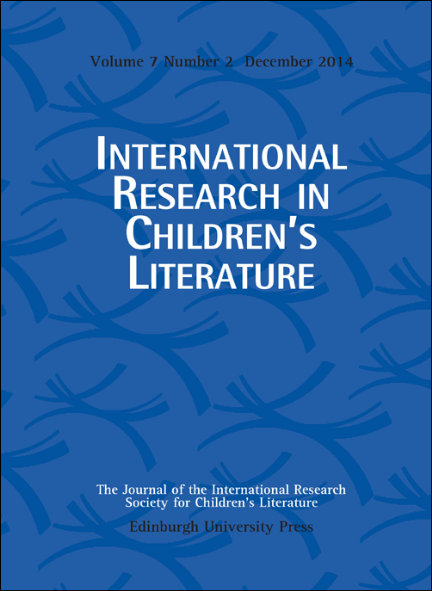
-
The Writer as Memory Activist
Read more: The Writer as Memory ActivistAntonia Wimbush explores how cultural works preserve the overlooked memories of Caribbean migration to France through the BUMIDOM program and challenge France’s national narrative.







